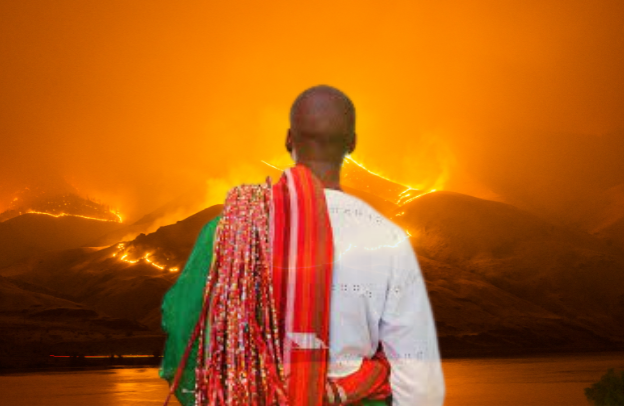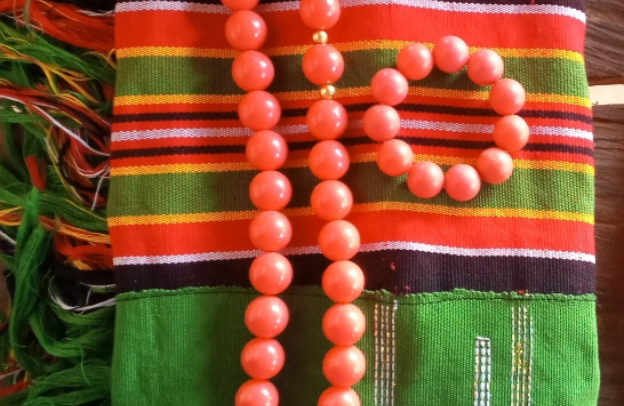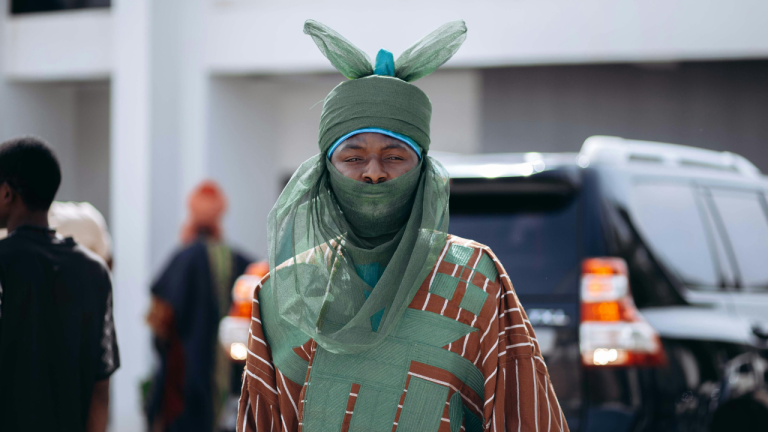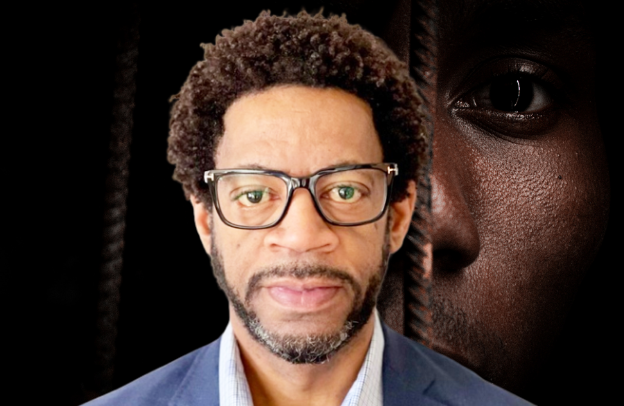Esan Local Government Areas in Edo State, Nigeria
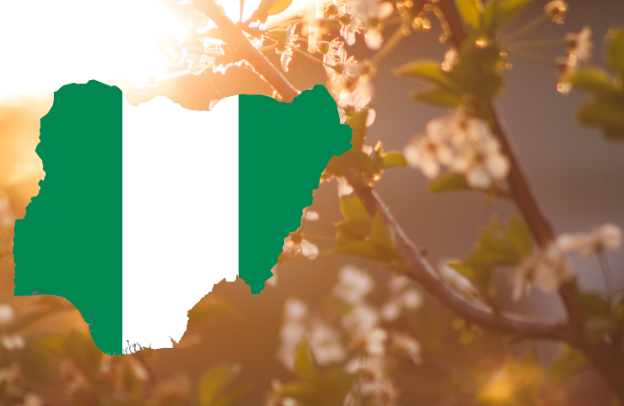
The Esans are estimated to be around 1.5 million in population, and they have hordes of natives that live in diaspora, who subtly contribute to the growth of Esanland economy. The 35 kingdoms in Esanland sometimes stage internal war against themselves, vying for dominion and recognition, but nonetheless, they mindfully maintained a homogeneous culture.
Learn How to Leverage Your Story through our Story To Asset Framework.
Esans economic mainstay relies basically on agriculture. Though they are adept in sculpting, wood carving, cloth making, and hordes of other skills, needless to say, it facilitates their economic growth. Its square Kilometers are about 43008.42 and were initially segmented into two local governments. Recently, the Esanland local government has been increased to five.
All the kingdom and clans in Esanland are grouped into either of these named local governments as follows;
- Esan west local government.
- Esan central.
- Esan South East local government.
- Esan Northeast.
Esan West Local Government
The headquarters of the Esan west LGA is Ekpoma, with about twenty-three towns and villages, which includes
Illeh, Iruekpen, Ujemen, Idemebo, Ihumudumu, Uhiele, Emuhi, Uke, Ekhiro, Ukpenu, Ujoelen Eguare,Emaudo,Egoro Amede,Egoro Naoka, Ebhakuala,Ukhun,Idoa,Urohi, Akahio, Ujogba. Ekpoma.
Administrative mastery is the backbone of sovereignty. Move from local impact to global institutional authority.
The people in this area are mainly into commerce, farming, wood processing, cottage industries, and furniture making. There are many schools and lesson centers established in this very local government owning to civilization and inventions.
There are about forty-eight primary and secondary schools in the area, including the popular prof. Ambrose Alli University was established in 1981 by the first governor of Edo state, Ambrose Folorunso Alli.
Many tourist attraction centers implode the area, including Prof. Ambrose Ali’s commemorative statue, the Onojies palaces, the ibiekuma river, and the Orosun waterfall in Ukhun kingdom.
Their main agricultural products; are cocoyam, pineapple, citrus fruits, rice, cocoa, palm oil, Cassava, Rubber, and kola nuts. Mostly, limestone and timber are derived from villages in this local government.
They have adequate health institutions and facilities, and the most popular among the health institutions is prof. Ambrose Alli’s teaching hospital is seated in Ekpoma. Others include private clinics, maternity homes, private hospitals, and public hospitals, to mention a few.
It has about 502 square kilometers and a population of 190,000 residents. Six hundred thousand adult Male, 60,000 adult females, and children.
Esan Central
Headquarters: Irrua.
Esan Central is one of Esanland’s most populated local governments, with a dense population of 137,900. Its area is 253 Kilometers.
Villages in Uromi Rural Area and their code
- Name Postcode
- Amedokhian
- Arue
- Awo
- Efandion
- Egbele
- Eguare-Uromi
- Eko Ibadin
- Eror
- Ewoyi
- Idumoza
- Ivue
- Obedu
- Onewa
- Ubierumu Oke
- Udierumu Uwa
- Ukoni
- Unuwazi
- Utako
- Uwalo
Esan’s central economic mainstay revolves around furniture making, wood processing, farming, commerce, etc. And their main farm products are; Rubber, Oil palm, Cassava and Oranges, Yam, Tomatoes, Rice, Pineapple, and Kola nuts.
It also has many tourist attractions, like Obiemen lake, Obiemen shrine, Ogirrua’s Palace, and Ugbalo spring. The main natural resources derived from these areas are kaolin, clay, and timber.
There are many hospitals adorned with health facilities in the area. They have Otibhor Okhae Hospital, the Irrua specialist hospital, private and public hospitals like Zuma Memorial Hospital, clinics, pharmacies, schools of nursing and clinics, public health centers, and maternity homes.
The schools in the local government involve famous private and public secondary schools like Annunciation Catholic College in Irrua, Igueben College, Ewu Grammar School, Uneah Sec School, as well as Adult Education Centers, etc.
Esan South East LGA
Esan South East local government is seated in Ubiaja with a population of about 167,000. The towns and villages include, Ubiaja, Ewwatto, Emu, Ewohimi, Orowa, Inyelen, Illushi, Oria, Ogboha, Ifeku, Uroh, Onogholo, Amalu, Udokpa, etc.
The Esans southeast economy is mainly centered on Trading, Wood processing, poultry, pottery, Agriculture, the Cottage industry, and Fishing. Whereas their main agricultural products are Rubber, Cocoyam, Melon, Fish, Okro, Cassava, Rice, Yam, Maize, and Melon.
The natural resources placed in this area include; Clay, kaolin, Sandstone, Laterite, and Timber. There are about ten well-equipped secondary schools and about forty primary schools and nursing schools in the area.
The health centers are not left out too. There is a sizeable number of health centers stuffed with adequate facilities, clinics, maternity homes, general and private hospitals, etc.
Lastly, their tourist attraction center Is Onojie’s palace.
Esan North East
The headquarters is situated in Uromi. It has about 119, 346 population and the towns and villages in this area are Uromi, Egbele, Unuwazi, Utako, Onewa, Awo, Uzea, Eror, Idumoza, Arue, Ubieru-Oke, Ebue, Ewoyi, Odigule, Eguare, Oyomo, Eko-Ibadin, Efandion, Atani, Alor-Oke, Amedokhia, Ukoni, Ewoki, Ebu.
Like most of the local governments in Esanland, Esan North East’s economic mainstays are Furniture making, Wood processing, industry, Agriculture, and commerce. Their tourist attraction center remains the Onojie palace, and their top agricultural products include, Okro, Melon Cocoyam Rubber, Cassava, Rice, Yam, Maize, and Tomatoes.
Their health institutions and facilities are functional, so there are many hospitals, clinics, maternity homes, and the famous Uromi market in the local government. There are about thirty-five private primary and public schools and fifteen private and public schools there.
The top natural resources derivable from the area are Timber, Kaolin, and rubber.
In Esan, north east local government comprises Christian, Muslim, and traditionalist residents.
Igueben
Headquarters is located in Igueben, and the area is estimated at 380 square kilometers with 69, 639. There are ten political wards in Igueben, and they occupy one seat at the Edo state house of assembly. The town and village there includes, Igueben, Ebelle, Ekalo, Ewossa, Ekpon, Idomogo, Obierumu, Egbessan, Ugun, and Udo.
Major facilities in Igueben are two big markets, general hospital and clinic centers, Banks, Igueben College and Igueben Grammer School, and the local government council secretariat. They engage in trade with other neighboring states and towns exchanging goods like clothes, electronics, building materials, etc.
Aside from trading, the indigenes are particularly farmers and produce local staples like Cassava, Cocoyam, Rubber, yams, banana, plantains, rice, and okra. These are put in exchange for food staples imported from the northern part of Nigeria.
There are wonderful sites worth exploring in Igueben local government, some of which include the Okomu-Udo National Game Reserved, and Amhor Waterfalls, Onojie palaces, etc. In addition, the fleet of festivals held in the area could serve as a way of experiencing and exploring Esan culture.
More to the already mentioned facts about Igueben local government are the natural resources derivable from the area, rubber, timber, latrine, sandstone, clay, and kaolin.
Conclusion
All local governments in Esanland have hordes of population. Each local government has its own amazing tourist attractions, particular economic mainstay and most of all, its health and educational facilities.
Unlike most local governments in different states in Nigeria, the Esan local government is one reckoned by its prosperities and improvement over the years.
Learn How to Leverage Your Story through our Story To Asset Framework.
